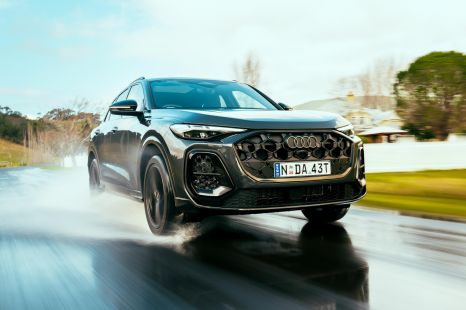

James Wong
2026 Audi SQ5 review: Quick drive
6 Days Ago

News Editor
Last Friday, the final Ford Fiesta rolled off the Cologne, Germany assembly line, with the Blue Oval’s entry-level nameplate retired. That’s the end of the story, right?
Not quite, according to Ford of Europe’s passenger cars boss Martin Sander, who left the door open for a Fiesta revival on an electric platform.
That could be the Volkswagen Group’s new MEB Entry platform, set to underpin new light cars and crossovers for the Group’s various brands.
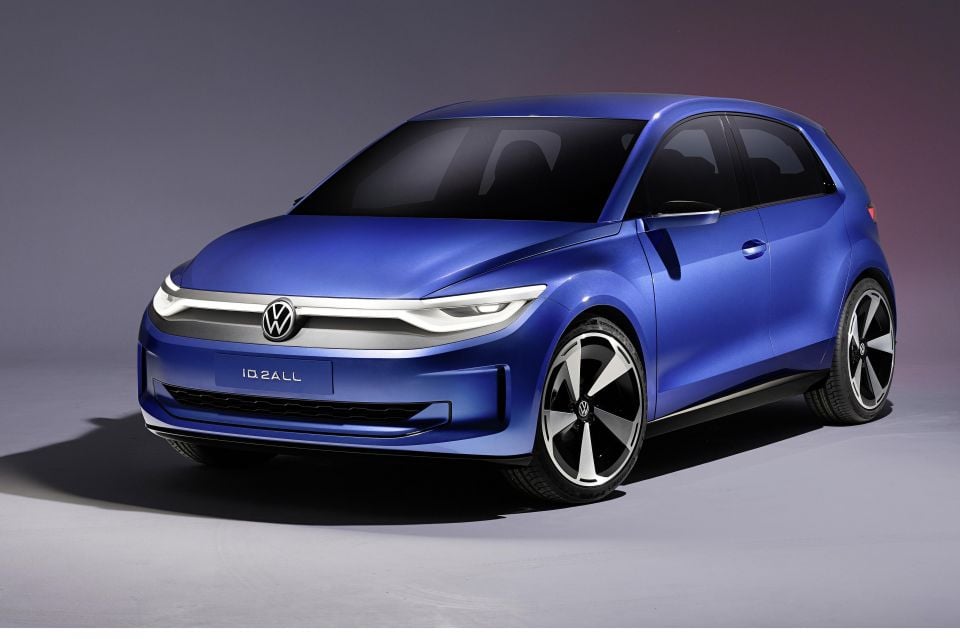
When asked by Automotive News Europe if Ford could once again take advantage of its tie-up with Volkswagen for a small car, Mr Sander said his company has “a very constructive and positive cooperation with Volkswagen”.
“We are possibly exploring opportunities to take that to the next level,” he added.
“Nothing has been decided, but I don’t want to rule that out.”
Ford discontinued the current Fiesta after 47 years and over 22 million global sales to focus on more profitable models.
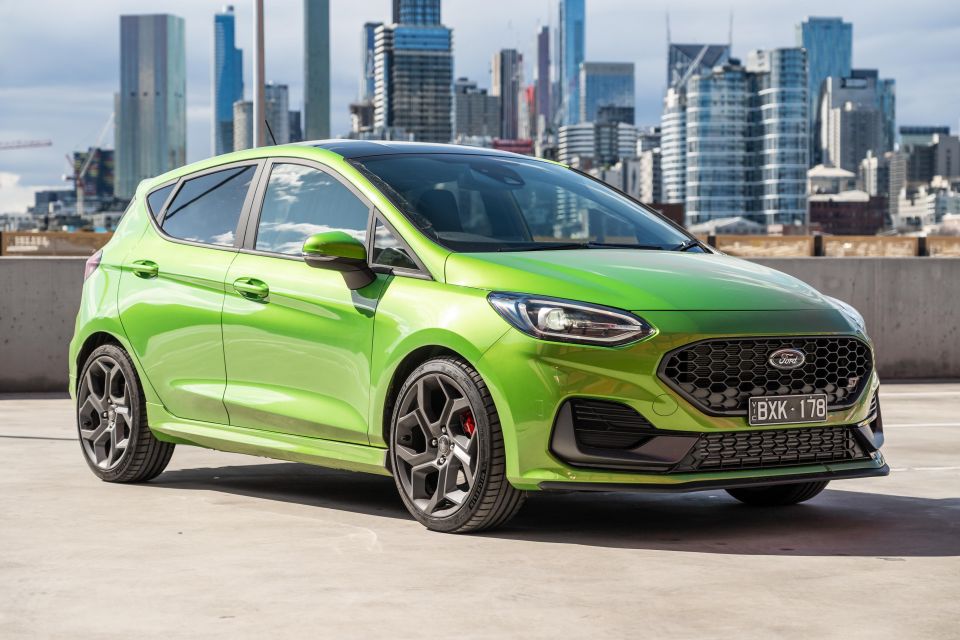
“We are looking into Fiesta as an exercise for the whole organization to understand what it would take to be competitive and make a profit with an electric small car,” said Mr Sander.
“But smaller vehicles are smaller margin. We don’t have the scale of the Volkswagen Group or Stellantis in Europe.
“Small vehicles like the Fiesta are not the heartland of Ford Motor Company. We have a global approach. Our first question is: How can we build products that work globally for Ford in North America, Europe and other parts of the world? This is the exercise we are doing now.
“It’s easy to spin off a derivative with very limited investment in order to make it a little more suitable for a certain part of the world. That is clearly part of our plan. But we will not create a [passenger] vehicle only for Europe.”
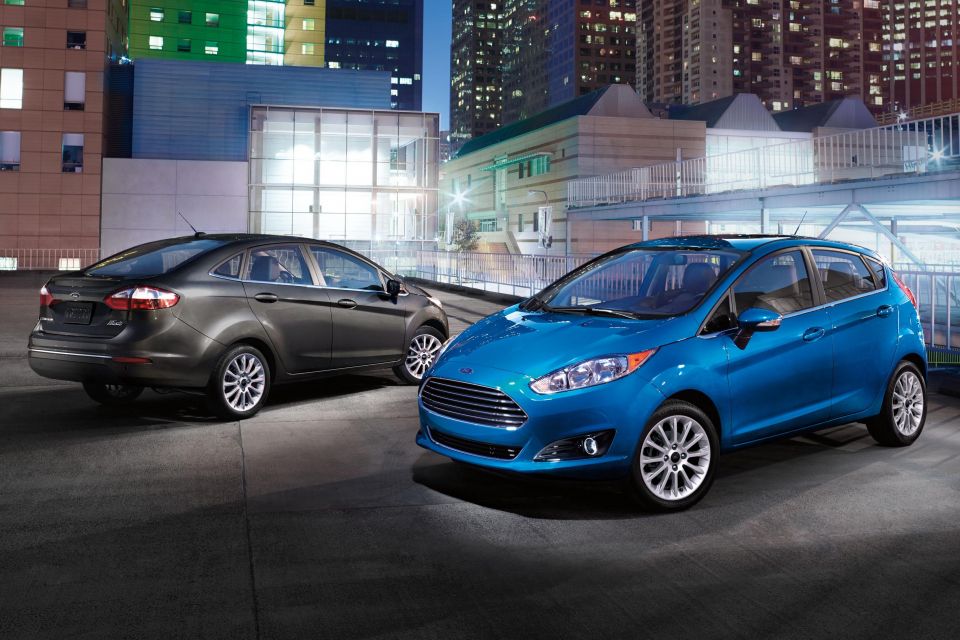
Ford ended production of the Fiesta in North America in 2019, retiring the nameplate there as it discontinued its entire passenger car range bar the Mustang and GT.
Once the embodiment of the Blue Oval’s old One Ford policy, which saw key lines sold across myriad markets instead of numerous market-specific vehicles, the Fiesta was manufactured in numerous countries in its penultimate generation.
This included India, Thailand and Brazil. With its seventh and final generation, however, the Fiesta was produced only in Germany.
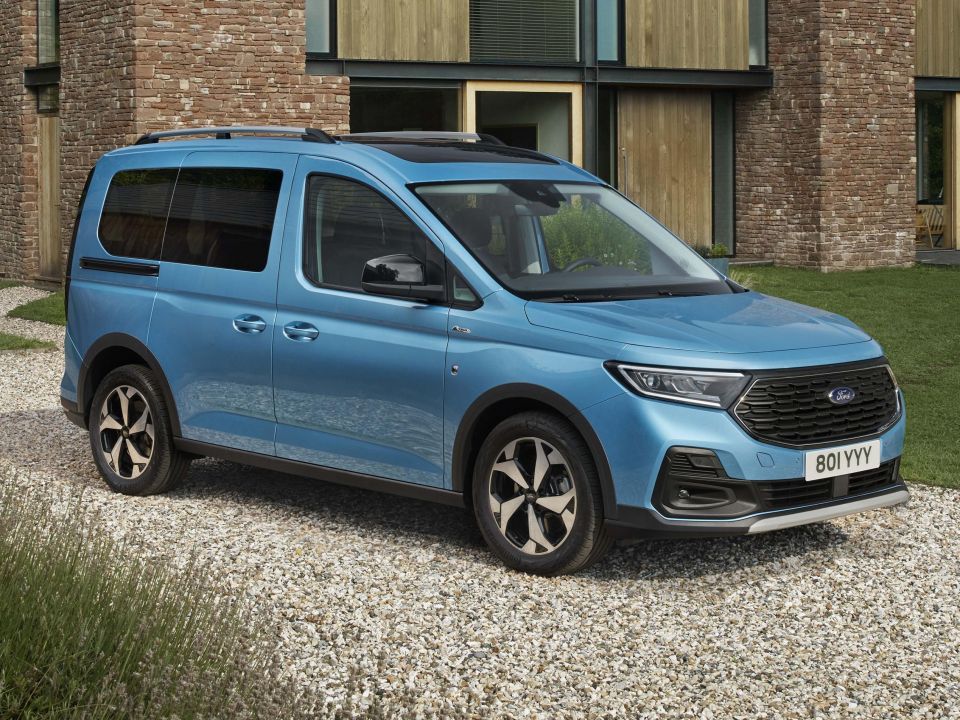
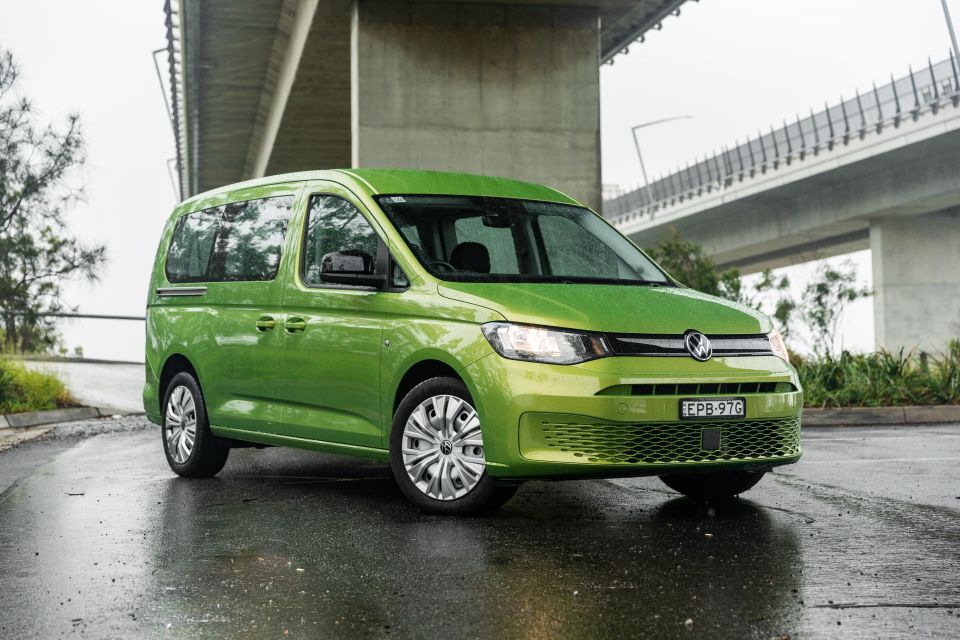
Ford and Volkswagen’s tie-up has seen the companies share a ute platform (for the Ford Ranger and Volkswagen Amarok), with VW lending its MEB electric vehicle platform to the Blue Oval for its European-market Explorer and an upcoming “sports crossover”, expected to wear the Capri nameplate.
Volkswagen’s Caddy has been rebadged as a Ford Tourneo Connect, while the brand’s next-generation Transporter will be based on the upcoming second-generation Transit Custom.
Ford is working on a second-generation EV platform, set to debut in the US with a pickup and a three-row SUV.
Mr Sander says this platform will be localised for Europe, and the market will receive derivatives of global cars.

“Our first priority is to get our own platform and our own technology to Europe, because I really believe we are building a very, very competitive platform,” Mr Sander said.
It’s unclear whether, per Mr Sander’s remarks, the MEB-based Explorer (and its ‘sports crossover’ sibling) – set to be built at the Fiesta’s old plant – will end up being sold in other markets.
“We will not create a platform, a new technology or a new top hat exclusively for Europe, because we need to scale globally to compete with the new guys who are global brands and who are creating a huge amount of scale,” he said.
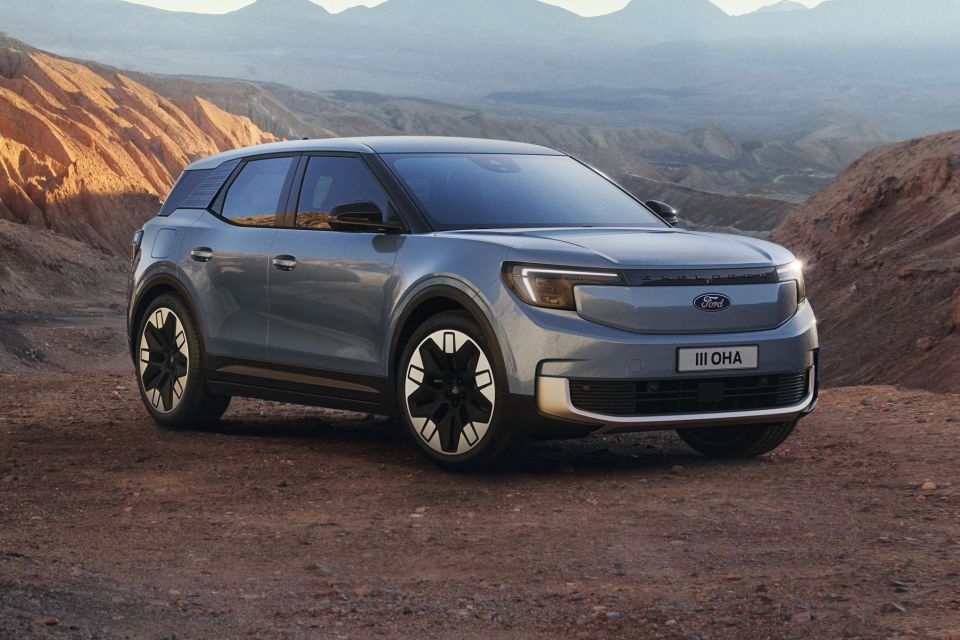
Where expert car reviews meet expert car buying – CarExpert gives you trusted advice, personalised service and real savings on your next new car.
William Stopford is an automotive journalist based in Brisbane, Australia. William is a Business/Journalism graduate from the Queensland University of Technology who loves to travel, briefly lived in the US, and has a particular interest in the American car industry.


James Wong
6 Days Ago
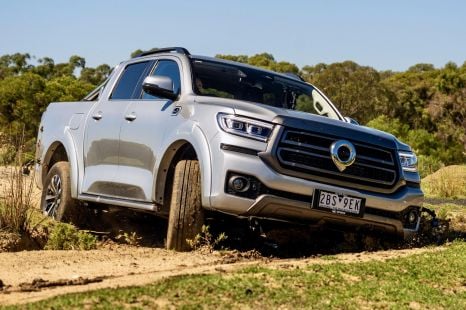

Max Davies
5 Days Ago
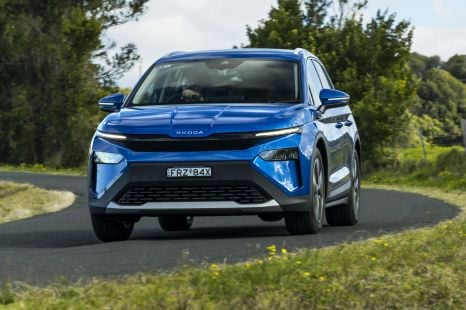

Josh Nevett
3 Days Ago
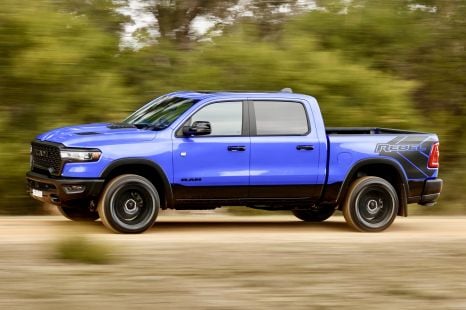

Max Davies
3 Days Ago
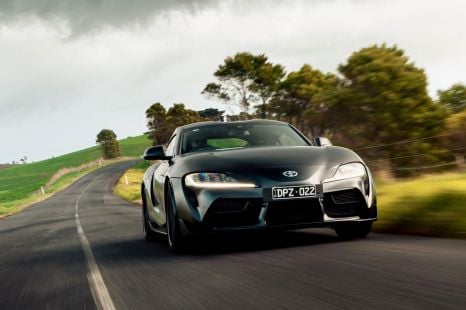

Max Davies
2 Days Ago
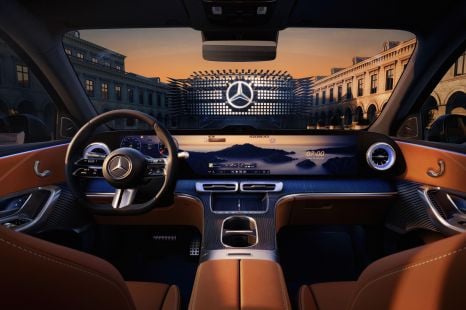

Derek Fung
2 Days Ago